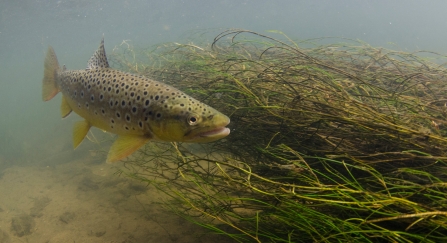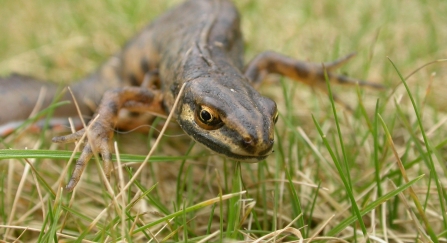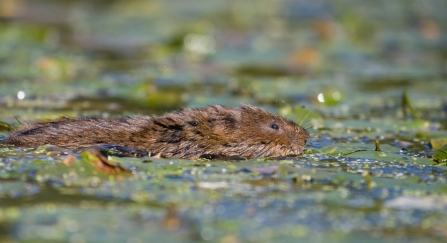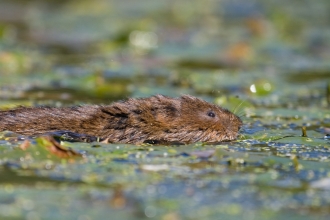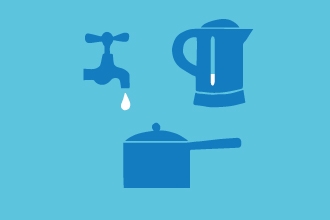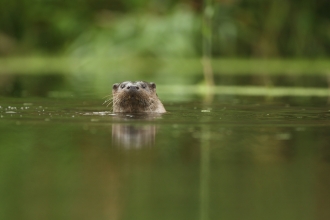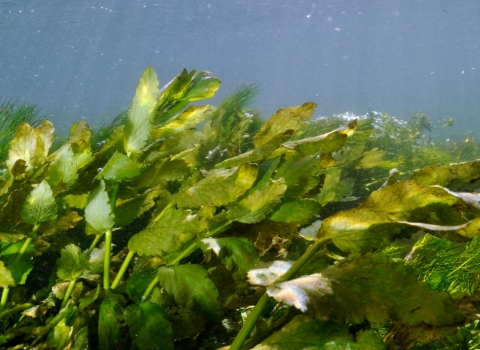Hot summer days might seem like a blessing. People flock to the beach, flowers bloom and insects thrive, providing food for birds and bats. But a warm summer can be an issue for other species, particularly those that rely on our rivers and wetlands.
When it gets hot, water can’t hold as much oxygen, which can have devastating consequences for wildlife. By June this year, fish were suffocating in the warmer water and the Environment Agency had to use aerators in some waterbodies to supply them with oxygen. The warm weather also meant that blue-green algae bloomed in lakes and reservoirs across the UK. This outcompetes other plants and can be toxic to human and animal health.
Impacts like these often hit the headlines in brief hot periods, but they can also be a sign of longer-term shifting weather patterns, with risks for a whole host of river and wetland species.


